Product Detail
Product NameUrokinase Rabbit mAb
Clone No.JM106-09
Host SpeciesRecombinant Rabbit
Clonality Monoclonal
PurificationProA affinity purified
ApplicationsWB, IHC
Species ReactivityHu, Ms, Rt
Immunogen Descrecombinant protein
ConjugateUnconjugated
Other NamesATF antibody
ATF uPA antibody
BDPLT5 antibody
Plasminogen activator antibody
Plasminogen activator urinary antibody
Plasminogen activator urokinase antibody
PLAU antibody
QPD antibody
u PA antibody
U plasminogen activator antibody
u-PA antibody
U-plasminogen activator antibody
uPA antibody
URK antibody
UROK_HUMAN antibody
Urokinase plasminogen activator antibody
Urokinase type plasminogen activator antibody
Urokinase type plasminogen activator precursor antibody
Urokinase-type plasminogen activator chain B antibody
Accession NoSwiss-Prot#:P00749
Uniprot
P00749
Gene ID
5328;
Calculated MW49 kDa
Formulation1*TBS (pH7.4), 1%BSA, 40%Glycerol. Preservative: 0.05% Sodium Azide.
StorageStore at -20˚C
Application Details
WB: 1:1,000-5,000
IHC: 1:50-1:200
Western blot analysis of Urokinase on MCF-7 cells lysates using anti-Urokinase antibody at 1/500 dilution.
Immunohistochemical analysis of paraffin-embedded human liver carcinoma tissue using anti-Urokinase antibody. Counter stained with hematoxylin.
Immunohistochemical analysis of paraffin-embedded human colon carcinoma tissue using anti-Urokinase antibody. Counter stained with hematoxylin.
Immunohistochemical analysis of paraffin-embedded human kidney tissue using anti-Urokinase antibody. Counter stained with hematoxylin.
Immunohistochemical analysis of paraffin-embedded mouse kidney tissue using anti-Urokinase antibody. Counter stained with hematoxylin.
Urokinase plasminogen activator receptor (uPAR), also designated CD87, is a glycoprotein I-anchored surface receptor specific for urokinase plasminogen activator (uPA). Upon binding to uPAR, uPA converts the surface bound, large serum b-globulin, plasminogen to plasmin. Plasmin, which is also designated fibrinolysin, is a Trypsin- like enzyme that acts on Arg-Lys bonds and induces pericellular proteolysis in fibrin and fibrinogen, and thereby contributes to the systematic activation of the coagulation cascade. This pathway is observed during re-epithelialization of lesions, wound healing and tissue remodeling. uPA and uPAR are known to be overexpressed in mesenchymal and epithelial origin tumor cells and are required for tumor invasion and metastasis. Ras, MEK, ERK and MLCK function as downstream effectors in the uPAR-dependent signaling cascade, which is initiated by uPA binding, and promotes cellular migration in an integrin selective manner.
If you have published an article using product 49439, please notify us so that we can cite your literature.


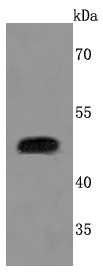
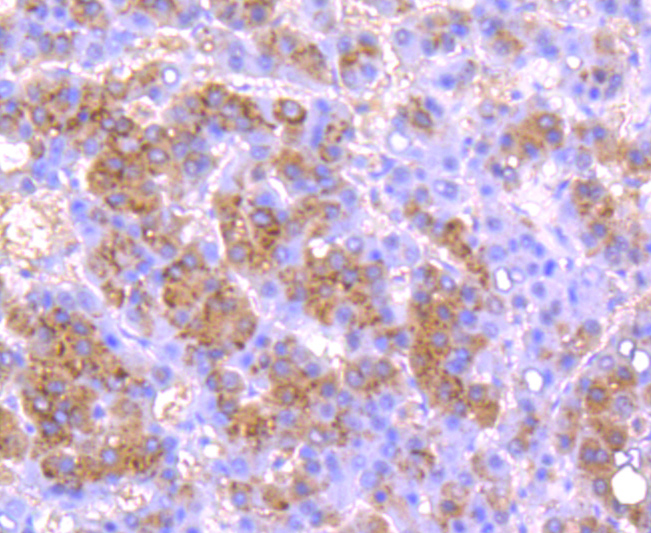
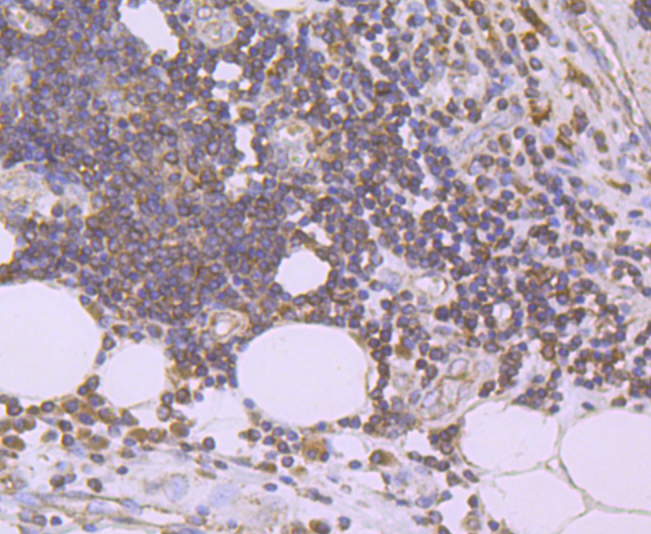
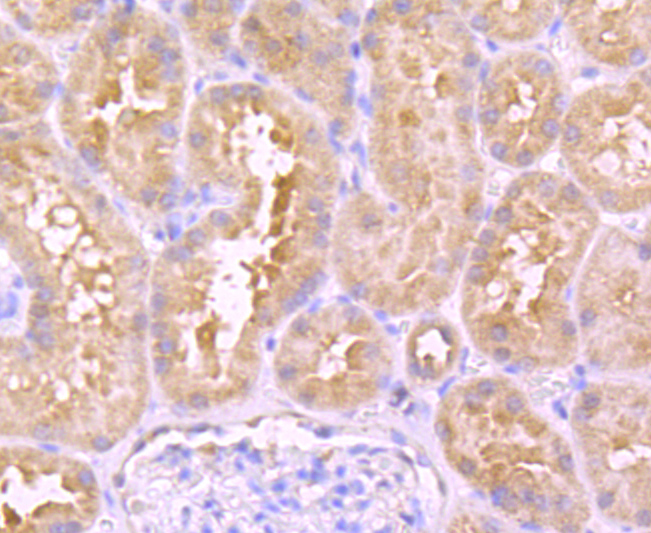
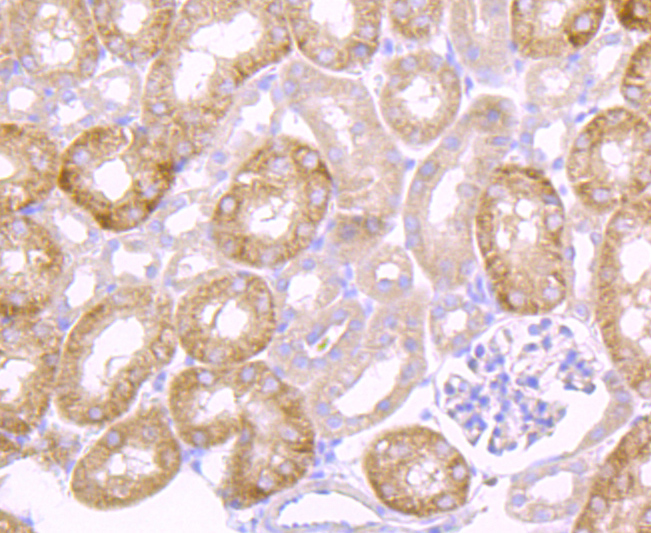
 Yes
Yes



